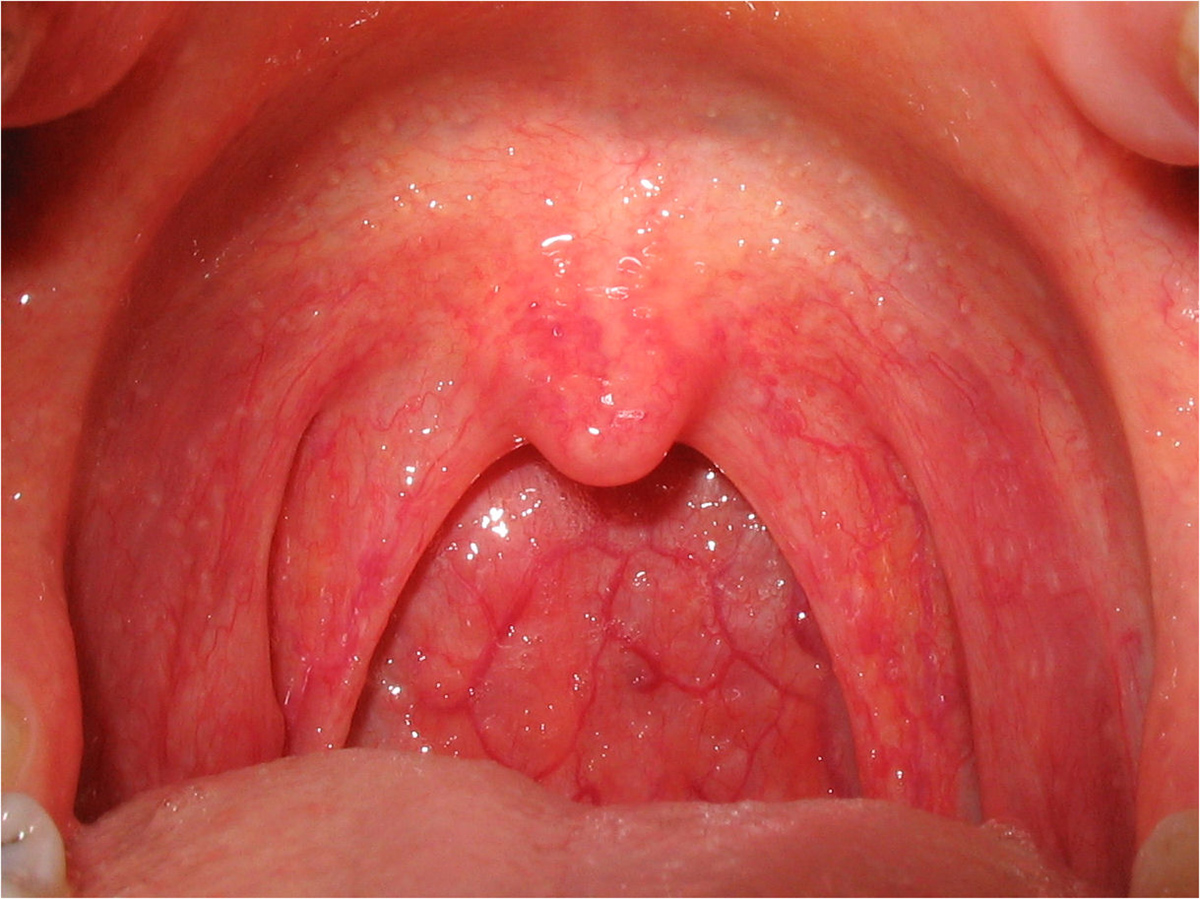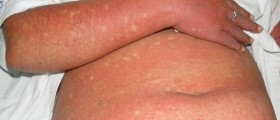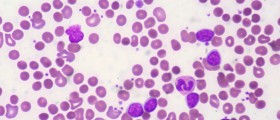
One of the strategies that our body employs when fighting an infection, disease or some other more severe condition is to react by fever. And when fighting some less serious infections, our body reacts in the low grade fever. But sometimes this fever is also an indicator of different health conditions, especially if it is present for longer period of time and if it refuses to go away on its own. This condition is certainly considered to be one of the most frequently diagnosed conditions. It is the initial indicator sent by our body in an attempt to alert us of the upcoming infection or some other condition. So it can be said that fever functions as a defense mechanism, which becomes active when danger arises. Its main manifestations are cold fits and shivering, followed by the increase in the heartbeat rate. Low fever also ranges from 100.4 F to 102.2 F.
There are numerous conditions that are considered to be the main culprits of low fever occurrence, some of the most common ones being measles, mumps, inflamed salivary glands, chickenpox, scarlet fever and wound infections. However, hepatitis, which is caused by liver inflammation; mononucleosis; pelvic inflammatory disease; leukemia (med. cancer of the blood cells, primarily white ones) and rheumatoid arthritis can also be the reasons for low grade fever. Sinusitis, flu, different chronic allergies, HIV/AIDS, and various other viral diseases in nature, can also cause it, as well as autoimmune diseases, which occur when our immune system fails to recognize and attacks its own tissue. Low grade fever is a common symptom of tuberculosis, one of the most fatal diseases, chronic abscess, occurring as a consequence of various health related conditions, dengue fever which is extremely infectious condition in nature, occurring as a consequence of mosquito bites and dengue viruses.
Given the fact that there are so many conditions that can lead directly to this fever, it is always advisable to regularly visit your doctor and do medical check ups. This way you can always be one step ahead of, not only the above mentioned conditions, but also ahead of the fever. To aid you in this, there is a vast range of medical “helpers” i.e. antiviral medicines. Also, aside from these, effective are also ibuprofen, Aspirin (to be used by adults solely), and acetaminophen. But in order for these to be fully effective, you need to consume a lot of fluids and thus provide your body with enough zest to fight off the fever.
















Your thoughts on this
Loading...